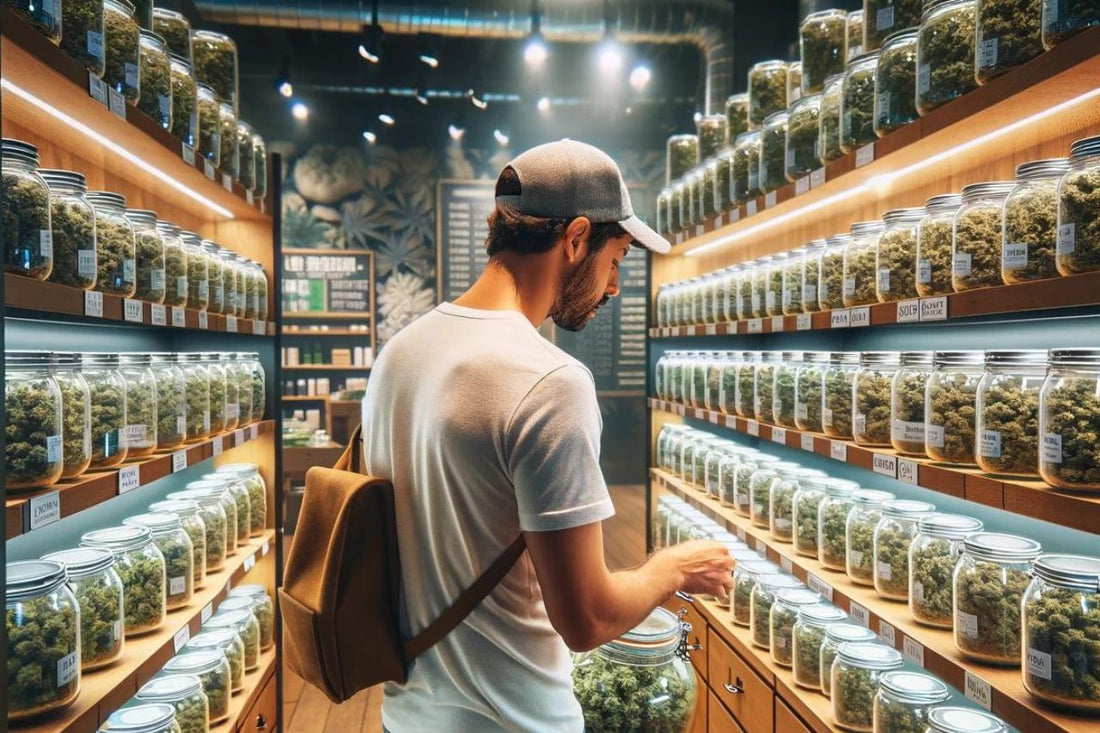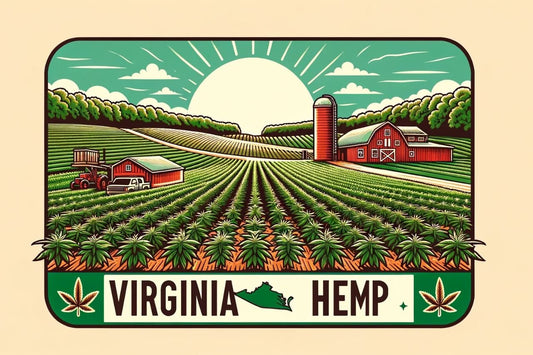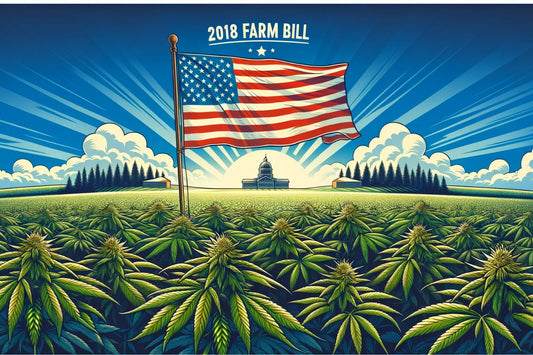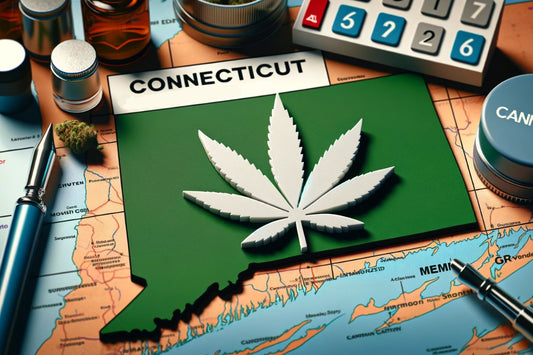The presence of marijuana dispensaries is becoming a common sight across the United States, with a remarkable 79% of Americans now living in a county with at least one licensed retailer. This surge reflects a broader trend of acceptance and integration of cannabis into local economies and societies. The Pew Research Center's latest findings illuminate the growing footprint of nearly 15,000 dispensaries operating nationwide, showcasing a pivotal shift in both public sentiment and policy landscape.
The dispensary distribution landscape
Dispensaries are predominantly clustered on the west coast, northeast, and Florida, highlighting regional patterns in cannabis legalization and consumer demand. Interestingly, the Pew analysis reveals that 20% of U.S. dispensaries are strategically positioned within 20 miles of state borders, particularly adjacent to states with more restrictive cannabis laws. This distribution strategy not only caters to residents from less permissive states but also underscores the complex interplay between state laws and market dynamics.
Community and economic impacts
Emerging research on the neighborhood impact of dispensaries presents an optimistic picture. Studies indicate a correlation between the presence of licensed cannabis retailers and positive economic and social outcomes, such as increased home values and reductions in crime rates. These findings challenge previous misconceptions and highlight the potential benefits of integrating dispensaries into communities.
Shifting public opinion and legal landscape
Currently, 54% of Americans live in states where adult-use cannabis is legal, and 74% reside in areas permitting medical or adult-use cannabis. This shift represents a monumental change in the U.S.'s approach to marijuana, marking the first time a majority of the population lives in jurisdictions with state-legal cannabis since the enactment of federal prohibition.
Final thoughts
The expansion of marijuana dispensaries across the U.S. reflects a significant shift in societal attitudes and the legal landscape regarding cannabis. As these establishments continue to grow in number and influence, they contribute not only to the local economies but also play a pivotal role in the ongoing dialogue and policy reform efforts aimed at normalizing and regulating cannabis use.










